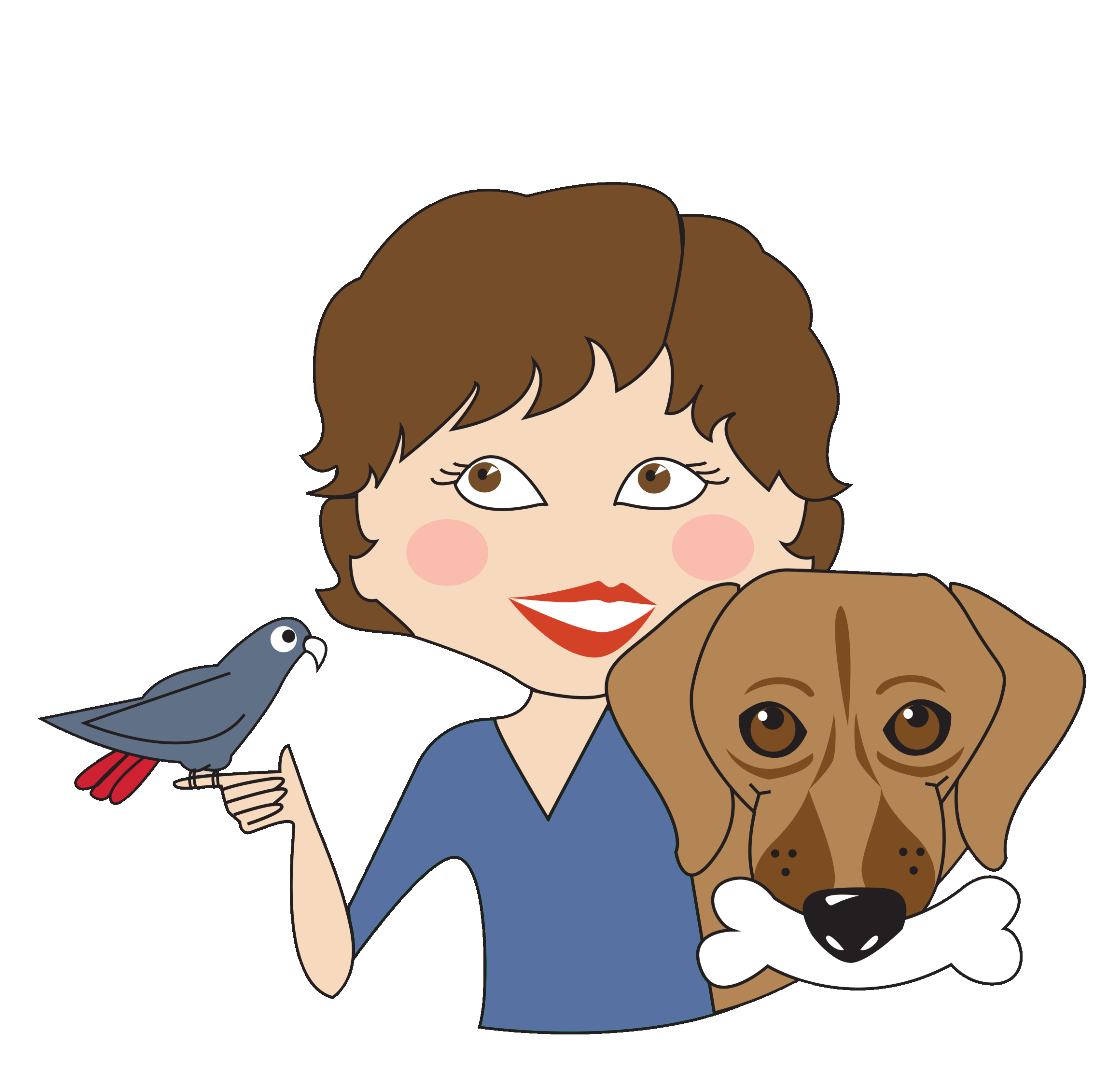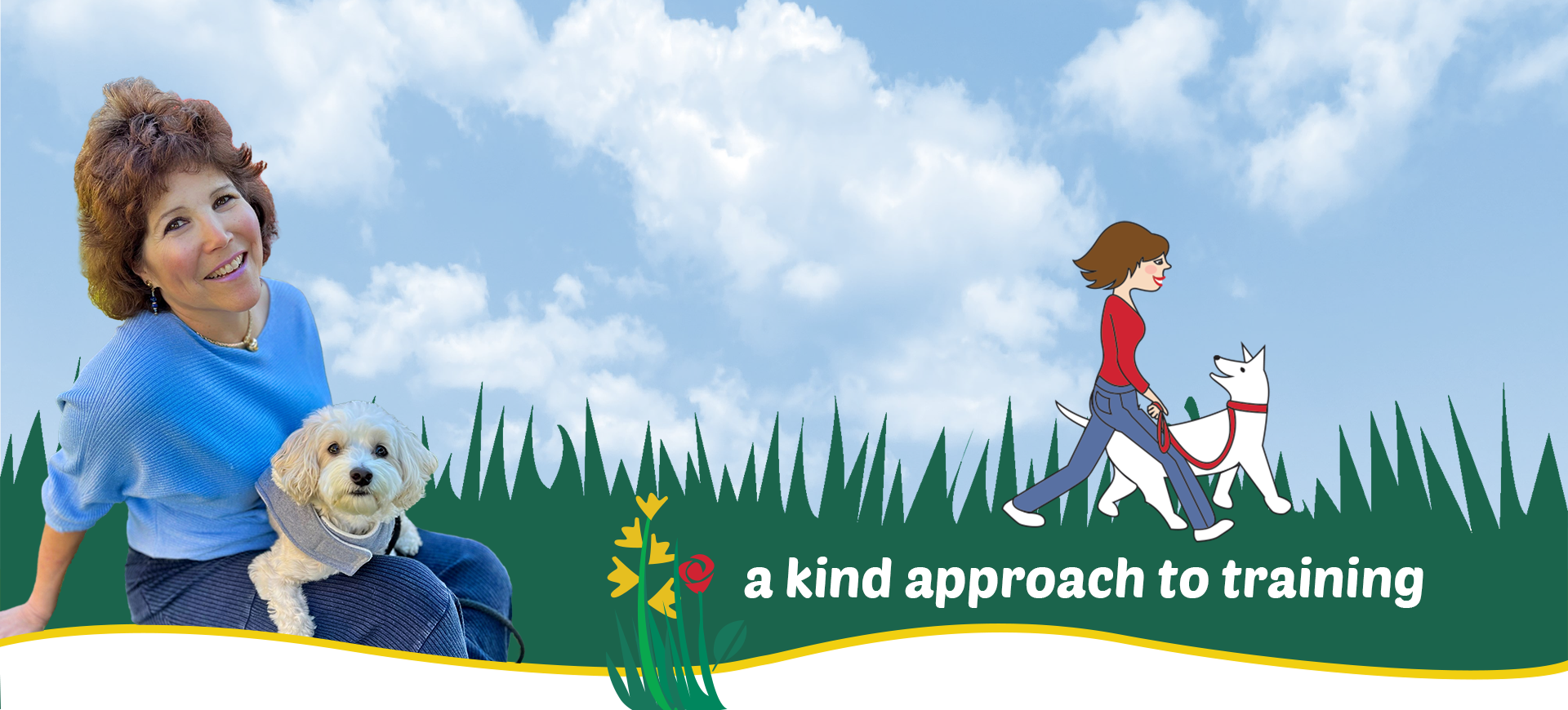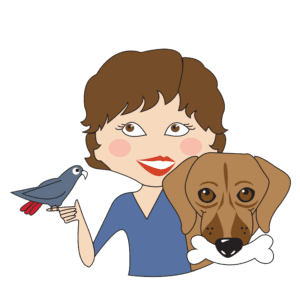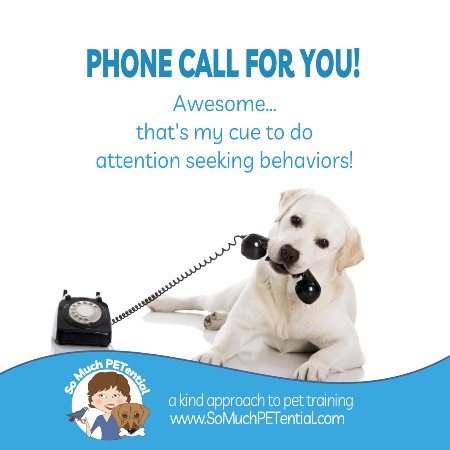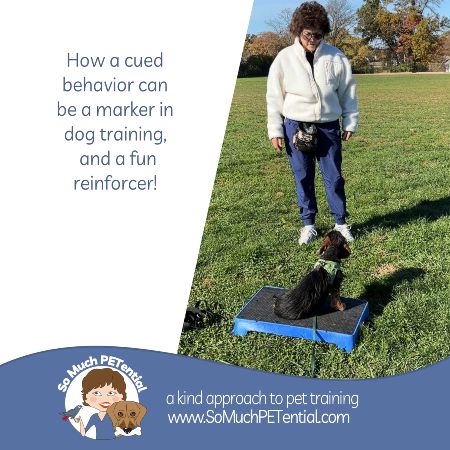This has come up in conversation about raising a puppy several times these past few weeks. If you are trying to teach your puppy to go potty outside, and your little friend, who just emptied his bladder outside urinates after being inside for even a few minutes, it is understandable that you could be frustrated. Below are some potential reasons why and some puppy training tips for solving it.
First things first, understand that your puppy is most certainly is not having accidents to make you angry but there are many other possible causes to having this puppy housetraining issue.
Below are a few possible reasons why your puppy is peeing inside :
 There is a medical reason. It could be that your puppy has a urinary tract infection or diabetes or something else. These are some symptoms to be watchful for: frequent urination, dribbling urine, blood in the urine, straining or crying out while urinating, frequent licks to the genital area. If you notice any of these symptoms, please visit your veterinarian.
There is a medical reason. It could be that your puppy has a urinary tract infection or diabetes or something else. These are some symptoms to be watchful for: frequent urination, dribbling urine, blood in the urine, straining or crying out while urinating, frequent licks to the genital area. If you notice any of these symptoms, please visit your veterinarian.
Your puppy is not fully emptying its bladder when outdoors. This can especially happen in the morning as your little friend is so eager to begin the day, or when you first come home after an absence. If it does not empty everything, it will still need to go when you come back inside. You may want to stay out a little longer to see if your puppy needs to relieve itself again.
Your timing is off in reinforcing the urination. If you are too quick and mark/reinforce its peeing behavior, you will be interrupting (and stopping) the behavior before it is complete. Your mark/reinforcement should come immediately after your puppy finishes going potty. Also remember to keep the treats out of sight so your puppy will not be focused on the food, and will more readily learn the association that the behavior of urinating outside ‘causes’ the treats to appear.
To that point, you may not be providing clear enough information to your puppy that going potty is why you are outside. This can occur if you let your puppy out without being on leash and it finds many reasons to explore its environment and get reinforcement from other behaviors.
Your puppy simply drank too much water. Remember that what goes in, also goes out. They tend to drink more in the waking hours of the morning, and after eating dry food and playing.
What are some ideas for solving this? Here are a few things to keep in mind:
Contact your vet if anything does not seem right to you. Ruling out possible medical reasons is the first step.
Management is SO important. If your puppy does not understand that outside is the place to go potty, preventing practice of urinating (and having bowel movements) inside – and getting reinforced for that behavior – is key while you are teaching your puppy wanted habits. Unless you are certain that your puppy has fully emptied its bladder outside, either having it in a crate or tethered/having a leash attached to its collar while you are ACTIVELY supervising it is just so important. Only when you are ACTIVELY supervising it, will you see it begin to show signs that it has a need to urinate and you can act quickly to bring it outside.
Take your puppy out more frequently. As a very general rule, take your puppy out first thing in the morning and last thing before turning in for the night, immediately after your puppy wakes up, shortly after eating, within about 15 minutes from drinking, after playing or other activity…and frequently during the day. It is helpful to write out your schedule of activity so that you can see patterns in your routine and your puppy’s behavior and cycle.
Stay outside longer with your puppy, especially in the morning. Give your puppy the chance to empty its bladder more than once. If your puppy urinates quickly and then wants to run off and play, keep it on leash.
Choose a potty spot and bring your puppy to that spot consistently. Do not play when you are in that spot. Teach your puppy that THAT place is for pottying.
No punishing for incorrect decisions. If your puppy has an accident in your house, do not punish it. Instead, clean it up with an enzymatic cleaner (such as the Nature’s Miracle Stain & Odor Remover) and then think about what you can do in the future to prevent that behavior from being repeated.
